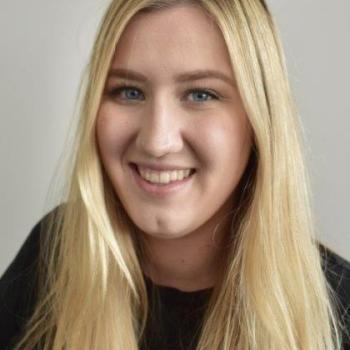Trauma and addiction - developing skills in the screening of traumatic experiences in addiction care
About
Adverse childhood experiences (ACEs) are widely recognized as predictors of problematic substance use and addiction. The majority of the general population experienced at least one of these ACEs, but research shows a dose-response relationship in the risk for developing substance use disorder (SUD). ACEs can have enduring effects on the neurobiological development of children, decreasing the ability and capacity to regulate stress and emotions and increasing the likelihood of dependence on mood-altering substances.
ACE exposure is associated with risk of relapse in SUD after treatment. In addition, ACE exposure predisposes an individual to the onset of Posttraumatic Stress Disorder (PTSD) and greater severity of PTSD. The co-occurrence of SUD and PTSD in an individual is associated with a more complex and costlier treatment course when compared with either disorder alone. Individuals with both PTSD and SUD show worse treatment adherence, less improvement during treatment and shorter periods of abstinence after treatment. They also show more psychiatric, medical, legal and social problems than those with either disorder alone.
In this workshop we focus on the co-occurrence of ACEs and PTSD in patients presenting in addiction care centers. Strengths of this workshop include the interactive aspect, in which participants will develop skills in screening for traumatic experiences and PTSD symptoms in addiction care, framed within an overview of the current evidence base for prevalence and treatment possibilities. Tips and tricks from clinical practice are discussed.
Content overview:
- Presentation on ACEs, PTSD and addiction (10 min)
- Screening of PTSD in addiction care (Jellinek PTSD Screening) (5 min)
- Skills practical – PTSD Screening (20 min)
- Presentation of A-criteria of PTSD (10 min)
- Practical skills – A-criteria diagnostics (20 min)
- Discussion (cases from clinical practice & tips and tricks from clinical practice) (25 min)
Practical information for the workshop: Once the workshop starts, it becomes a closed session.
